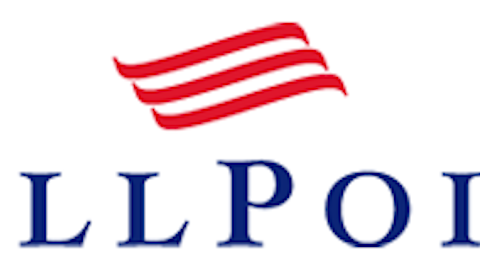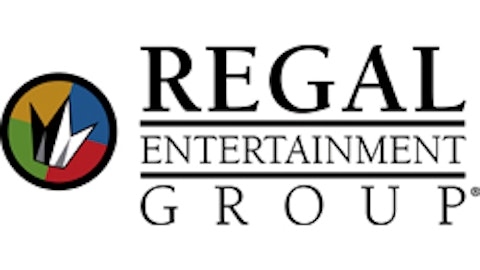Are health insurers corporate equivalents of the super-villains in the “Despicable Me” movies? Many Americans might think so. Stories abound of examples where individuals felt they weren’t treated as well as they should have been by their health insurance company.
But, like the cartoon character Gru in the animated movies, health insurers aren’t as bad as they might seem at first glance. This is certainly borne out in the latest results from the National Health Insurer Report Card published by the American Medical Association, or AMA. Here are five myths about health insurers that don’t hold water, according to the AMA’s findings.
Myth No. 1: Health insurers require prior authorizations a lot.
Prior authorizations are a way that insurers control costs by limiting payment for a service unless it’s approved in advance. You might think that the practice would be used extensively to keep expenses down and profits up. But prior authorizations are used in only a small fraction of cases.
Anthem, which is owned by WellPoint, Inc. (NYSE:WLP), for example, required prior authorizations only 2.14% of the time. CIGNA Corporation (NYSE:CI) and Aetna Inc (NYSE:AET) have higher frequencies — 4.74% and 5.42%, respectively. Humana Inc (NYSE:HUM) is even higher, but still in the single digits with a 8.42% prior authorization rate. Of the publicly traded insurers, only UnitedHealth Group Inc. (NYSE:UNH) requires prior authorizations more than 10% of the time, with a rate of 12.43%.

Some people might have the impression that health insurance companies deny claims frequently. That’s actually far from the case. Even when denials occur, it usually doesn’t involve the entire claim and only impacts specific charges (referred to as claim lines).
CIGNA Corporation (NYSE:CI) has the lowest rate of the big five, denying only 0.54% of claim lines. UnitedHealth Group Inc. (NYSE:UNH) denied 1.18% of claim lines. Aetna Inc (NYSE:AET) and Humana Inc (NYSE:HUM) weren’t far behind, with 1.5% and 1.97% denial rates, respectively. Anthem was the highest of the group, with a 2.64% claim line denial rate. All of the publicly traded health insurers have markedly lower denial rates than they did just five years ago.
Myth No. 3: When health insurers deny claims, it’s usually because they don’t cover the services performed.
It’s certainly true that health insurers don’t cover every medical procedure or prescription drug that their members would like. Are a large number of claim lines denied because of this? Not as many as you might think.
Granted, three of the insurers listed non-covered charges as their top reason for denying a claim line. But for those three, this represented only a tiny fraction of all claim lines. WellPoint, Inc. (NYSE:WLP)’s Anthem denied 0.78% of all claim lines for non-coverage. CIGNA Corporation (NYSE:CI) denied 0.56% of claim lines, and Aetna Inc (NYSE:AET) denied 0.16% for this reason. Most of the insurers rejected well under one-third of total denials for non-coverage.
Myth No 4: Health insurers hold up paying claims for as long as possible.
Of course, there’s another way for insurers to avoid payment of claims. They could sit on them for a long time and hold up payment. But the AMA data shows that usually doesn’t happen.




